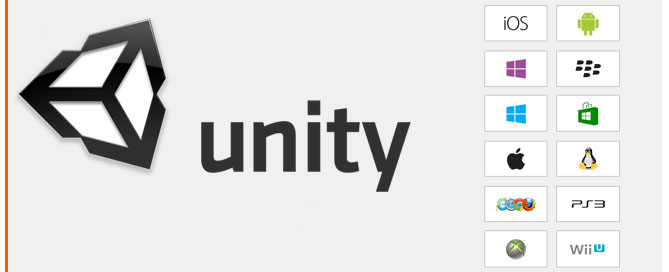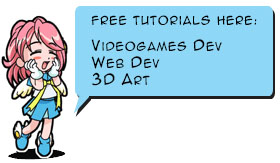Unity Programming – Interfaces – Intermediate – CSharp
Un’interfaccia è un gruppo completamente astratto di membri che può essere considerato come la definizione di un contratto: chi implementa una interfaccia si impegna a scrivere il codice per ciascun metodo.
La classe che implementa un’interfaccia deve fornire l’implementazione di TUTTI i suoi metodi e delle sue proprietà, in questo caso però non c’è bisogno della parola chiave override, è sufficiente che i metodi definiti abbiano lo stesso nome con cui sono dichiarati nell’interfaccia.
Le interfacce non possono avere dei loro metodi o proprietà ma servono per stabilire delle relazioni tra le classi.
Nel caso di classi avremo CLASSE A padre -> eredita -> CLASSE B figlio.
Nel caso delle interfacce avremo INTERFACCIA A -> CLASSE B che implementa i metodi indicati nell’interfaccia.
Le interfacce si usano al posto dell’ereditarietà quando non ha senso impostare una parentela fra le classi. Ad esempio MURO ed AUTO non possono avere una relazione di parentela, ma possono essere accumunate dall’interfaccia DANNEGGIABILE
DANNEGGIABILE -> MURO
DANNEGGIABILE -> AUTO
L’interfaccia viene dichiarata con I maiuscola + maiuscola nome interfaccia
Creiamo un Empty Object e alleghiamo gli scripts:
– Interfaces.cs
using UnityEngine;
using System.Collections;
//This is a basic interface with a single required
//method.
public interface IKillable
{
void Kill();
}
//This is a generic interface where T is a placeholder
//for a data type that will be provided by the
//implementing class.
public interface IDamageable<T>
{
void Damage(T damageTaken);
}
– Avatar.cs
using UnityEngine;
using System.Collections;
public class Avatar : MonoBehaviour, IKillable, IDamageable<float>
{
//The required method of the IKillable interface
public void Kill()
{
//Do something fun
}
//The required method of the IDamageable interface
public void Damage(float damageTaken)
{
//Do something fun
}
}
Avatar eredita da MonoBehaviour o estende MonoBehaviour ed implementa IKillable e IDamageable.
Ogni classe che implementa IKillable e IDamageable dovrà avere void Kill() e void Damage().
L’interfaccia è utile per dare regole ben precise nella costruzione delle classi, specialmente se sono affidate a team differenti.



